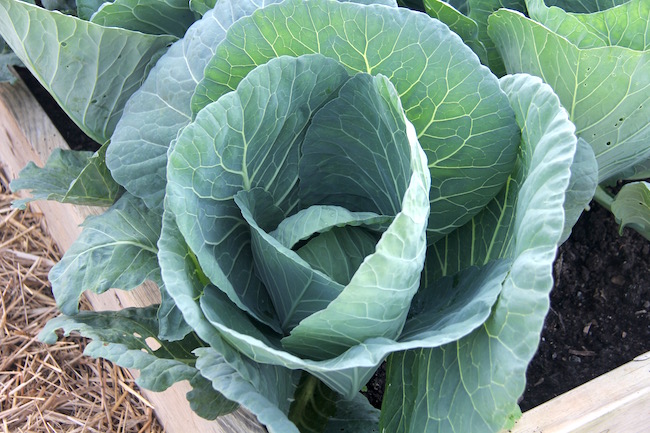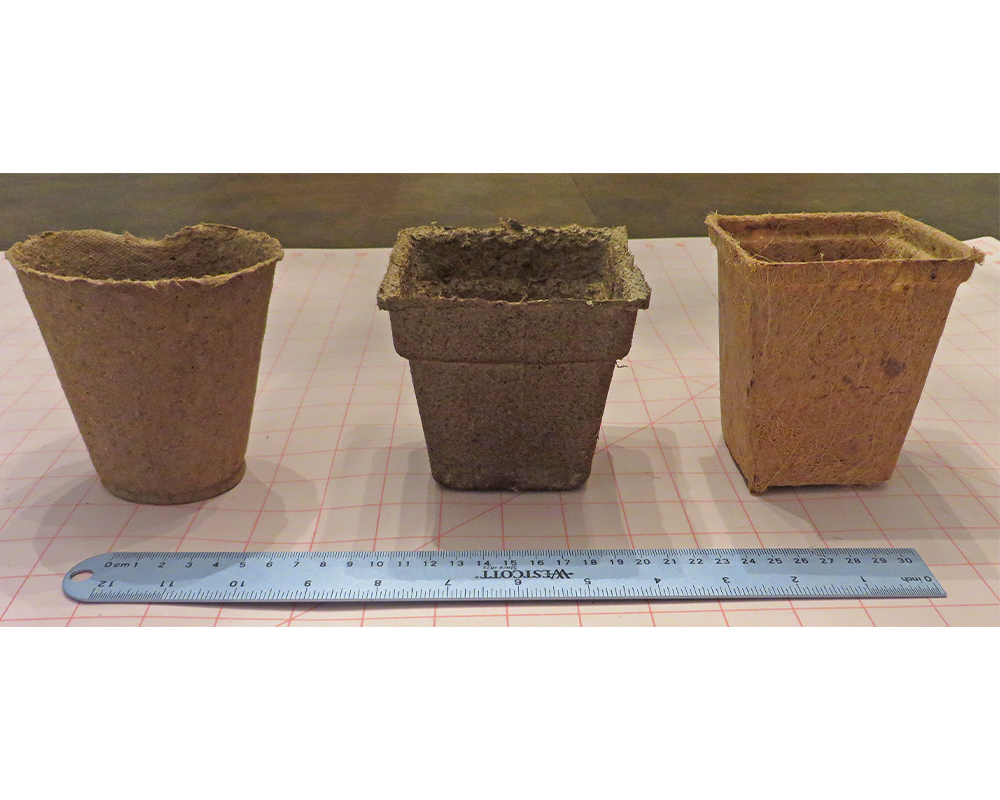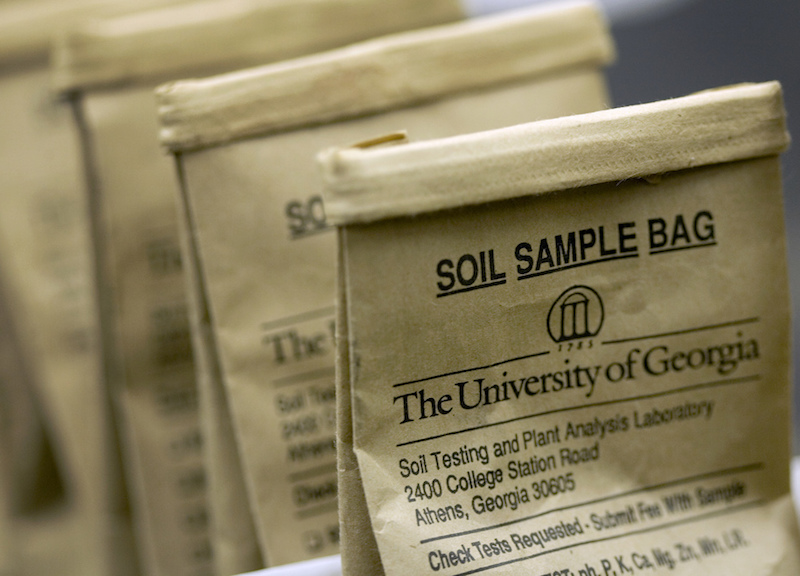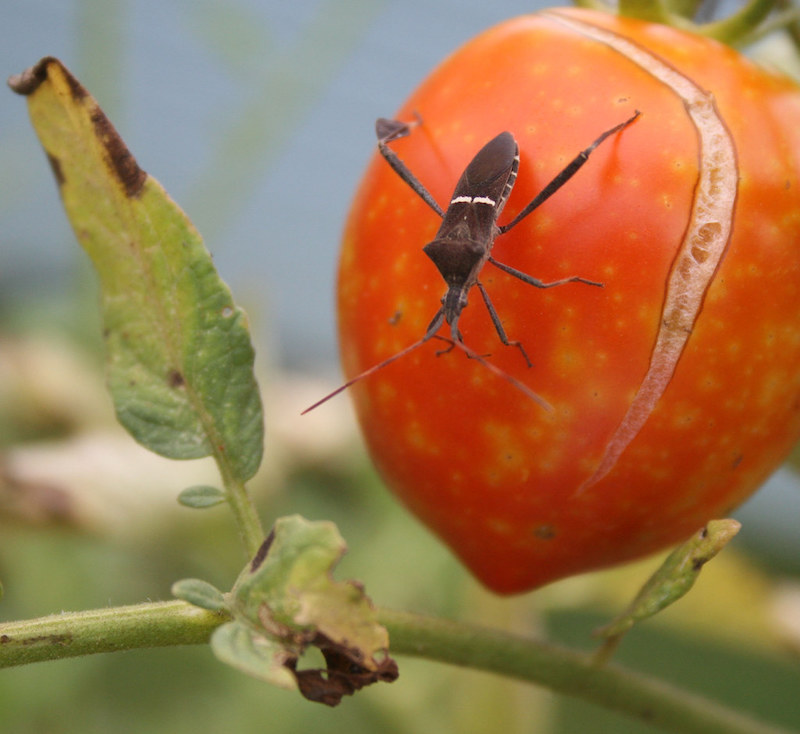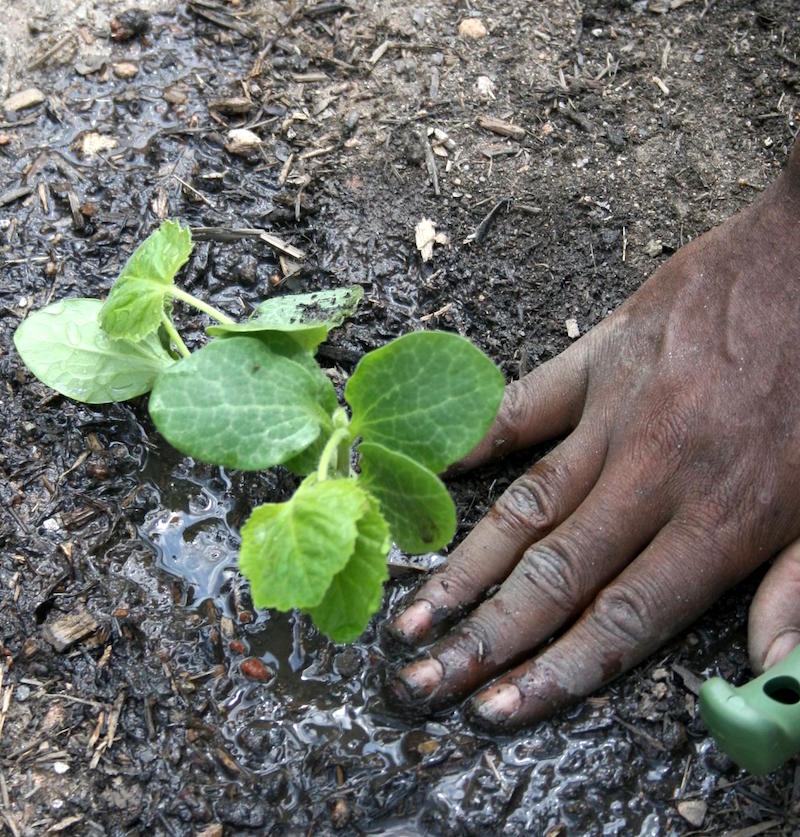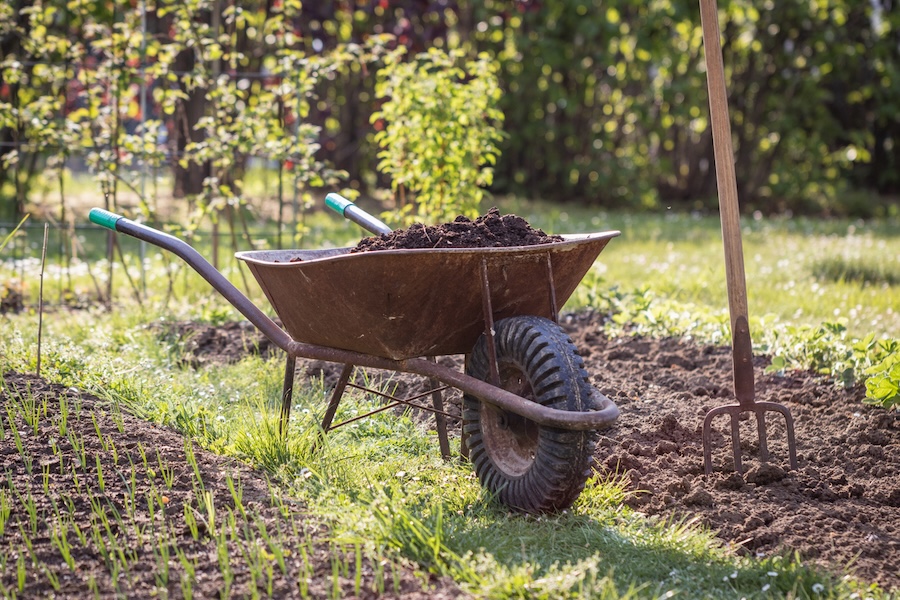 CAES News
CAES News
Safely Use Manure
Each year, as planting season approaches, one of the most common questions Robyn Stewart receives is how to safely and effectively use manure in home gardens. Stewart, the University of Georgia Cooperative Extension Agriculture and Natural Resources agent for Lincoln County, said the benefit of incorporating manure into garden soil is that it provides some fertility and nutritional value, but the real advantage is in the addition of organic matter, which improves soil composition and drainage.

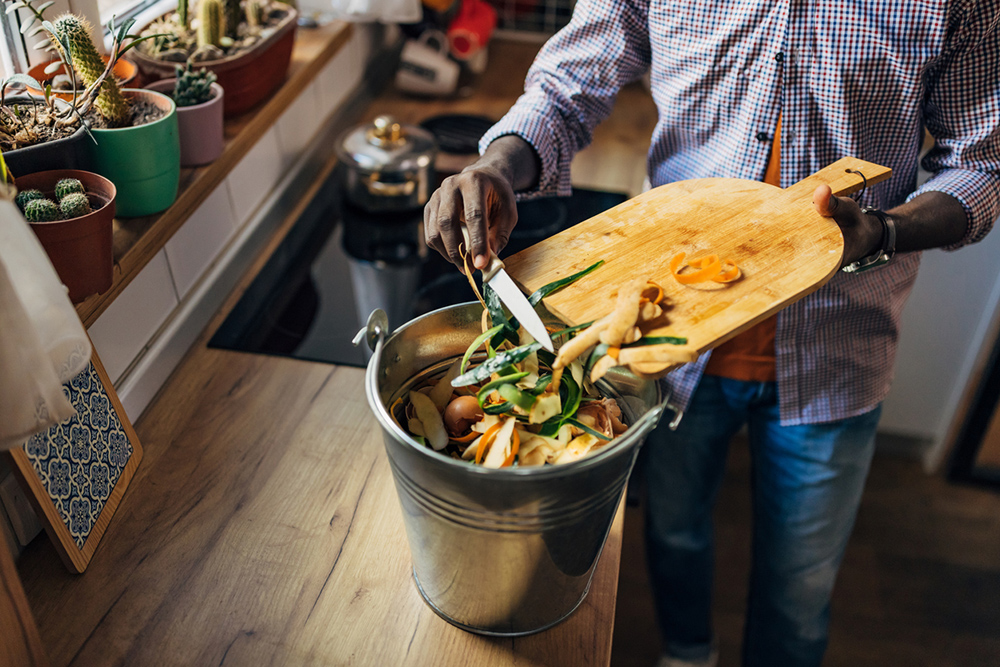

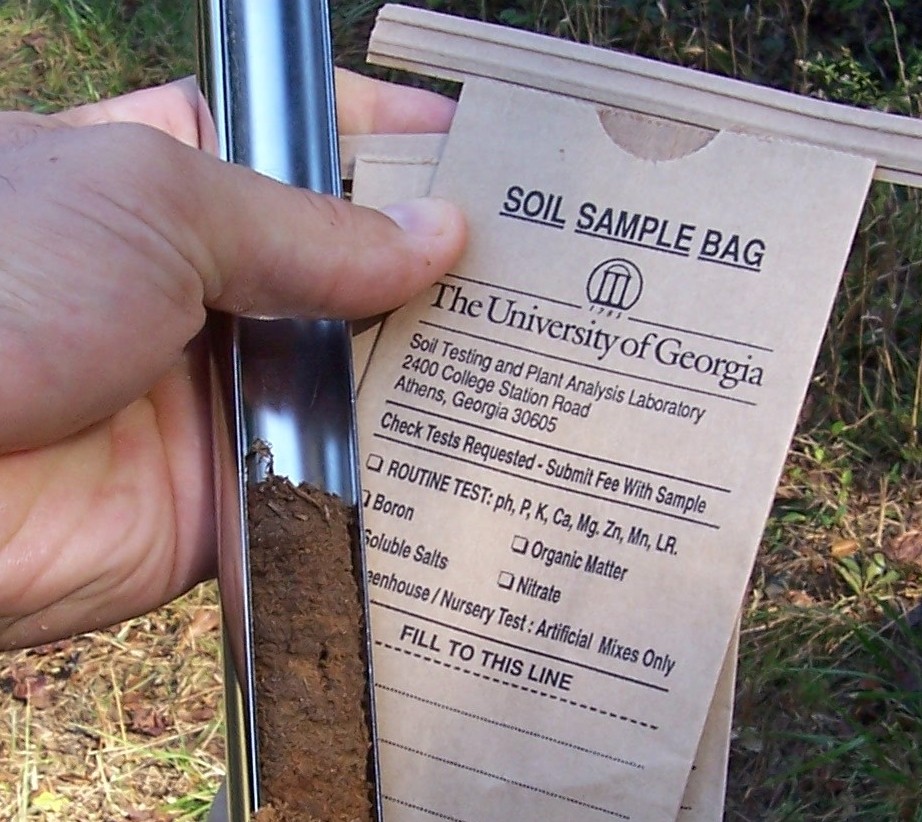
.jpg)
